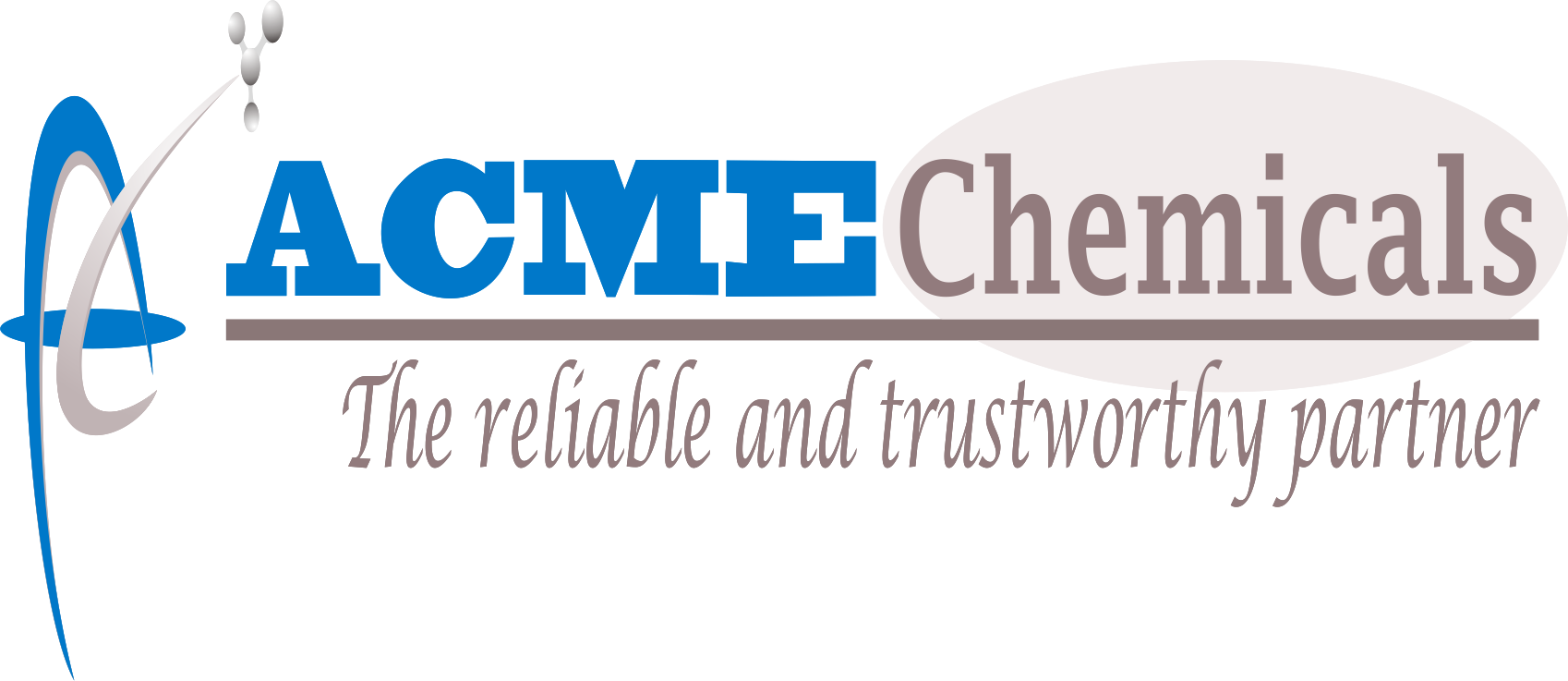Fuel Additive
Fuel Additives are essential chemical compounds in oil refineries that enhance the performance, stability, and efficiency of fuels. These additives tackle key challenges in fuel quality and combustion. For example, octane boosters improve gasoline’s resistance to knocking, ensuring smoother engine operation. Stabilizers and antioxidants extend fuel shelf life by preventing oxidation and degradation, especially for long-term storage. CFPP (Cold Filter Plugging Point) improvers prevent fuel line freezing in cold weather, maintaining reliable fuel flow.
By using advanced fuel additives, refineries can produce fuels that meet strict regulatory standards while delivering superior engine performance. Benefits include reduced emissions, improved fuel economy, lower operational costs, and enhanced overall refinery efficiency—ensuring a consistent, high-quality product.
Fuel Antioxidant
Fuel Antioxidants are vital chemical additives used in petroleum-based fuels to prevent oxidative degradation. They work by interrupting the free radical chain reactions that can lead to the formation of gum, varnish, and insoluble deposits. Common classes of antioxidants include hindered phenols and aromatic amines. Hindered phenols act as radical scavengers, donating hydrogen atoms to stabilize free radicals, while aromatic amines, such as phenylenediamines, function as chain-breaking inhibitors that stop the propagation of oxidative reactions. Choosing the right antioxidant depends on factors like fuel composition, storage conditions, and the required fuel stability.
Diesel Lubricity Improver
Lubricity Improvers are essential additives used to restore and enhance the lubricating properties of diesel fuels. The reduction of sulfur content in fuels, while environmentally beneficial, can decrease natural lubricity, posing risks to high-pressure fuel injection systems. Insufficient lubricity can accelerate wear on critical components such as injectors, pumps, and rails. Lubricity improvers form a protective layer on metal surfaces, reducing friction and preventing premature equipment failure. Common types include fatty acid methyl esters (FAME), polyoxyalkylene ethers, and polar compounds. The choice of lubricity improver depends on fuel composition, engine type, and desired performance characteristics.
Octane Booster
Octane Boosters are chemical additives designed to increase the octane rating of gasoline, a key property that determines a fuel’s resistance to premature combustion (knocking). High-performance engines with high compression ratios require fuels with higher octane numbers to prevent engine damage and optimize efficiency. Common octane boosters include oxygenates such as ethanol and methanol, and aromatic compounds like toluene and xylene. Historically, additives like tetraethyl lead (TEL) and methyl tert-butyl ether (MTBE) were widely used but have largely been phased out due to environmental and health concerns. Newer compounds, such as N-methyl-2-pyrrolidone (NMP), are being explored, though their use is still under study for potential environmental impacts. By increasing octane rating, these boosters allow engines to run at higher compression ratios safely, improving power output, fuel efficiency, and overall engine performance.
H₂S Scavenger
H₂S Scavengers are specialized chemicals designed to remove hydrogen sulfide (H₂S), a highly toxic, corrosive, and flammable gas, from industrial processes. The presence of H₂S poses serious safety, environmental, and operational risks, making its removal essential to protect equipment, personnel, and comply with regulations. Common H₂S scavengers include amine-based, zinc-based, and oxygen-based compounds. These additives work through chemical reactions that convert H₂S into stable, non-toxic byproducts: amine-based scavengers form ammonium salts, zinc-based scavengers precipitate H₂S as zinc sulfide, and oxygen-based scavengers oxidize H₂S to elemental sulfur. The choice of scavenger depends on H₂S concentration, operating conditions, and the required treatment efficiency.
Cu Strip Corrosion Inhibitor
Copper Strip Corrosion Inhibitors are additives designed to prevent corrosion of copper and copper alloys in contact with petroleum products. They protect engine components, fuel systems, and other metal parts from damage caused by corrosive substances in fuels and lubricants. Common types include thiadiazole derivatives, sulfonates, and imidazolines, which form protective films on copper surfaces, creating a barrier against corrosive agents.
